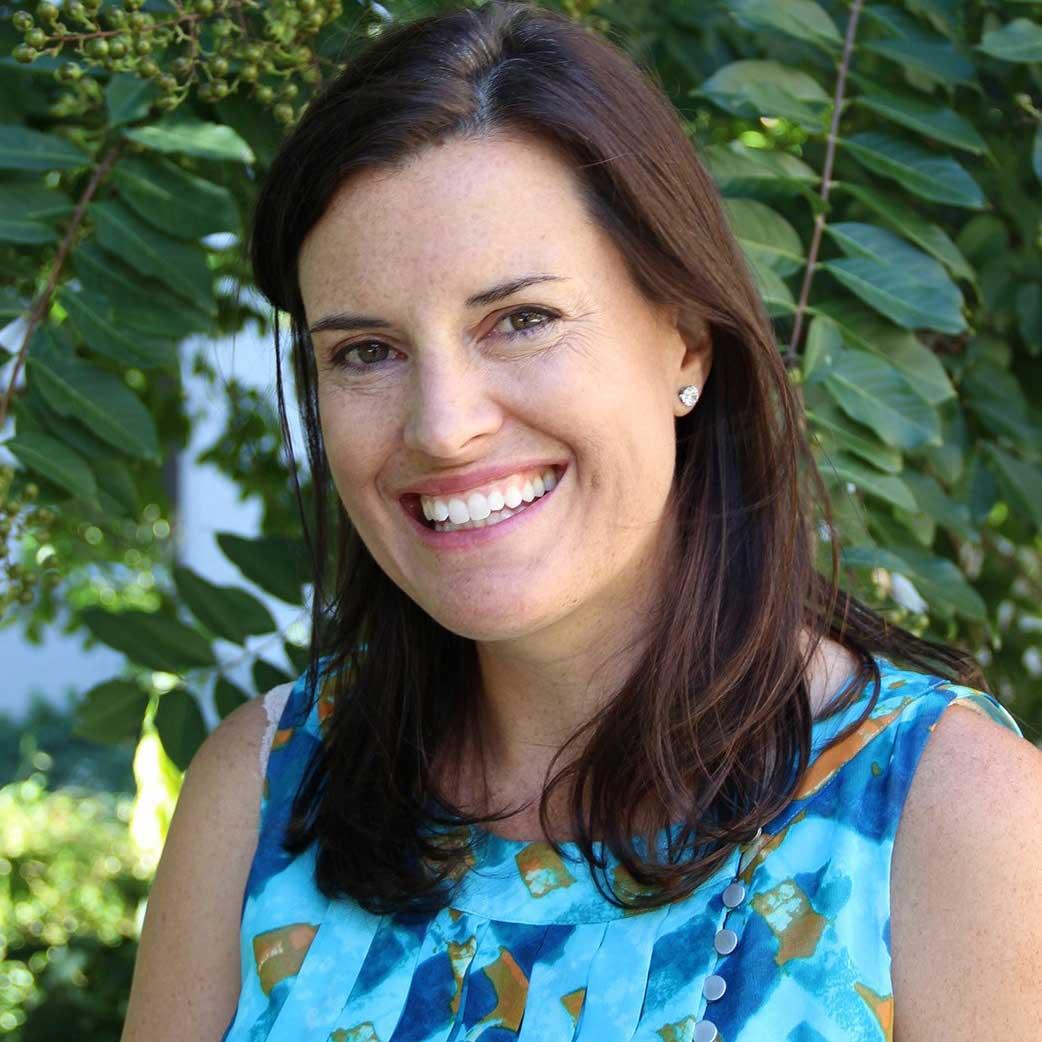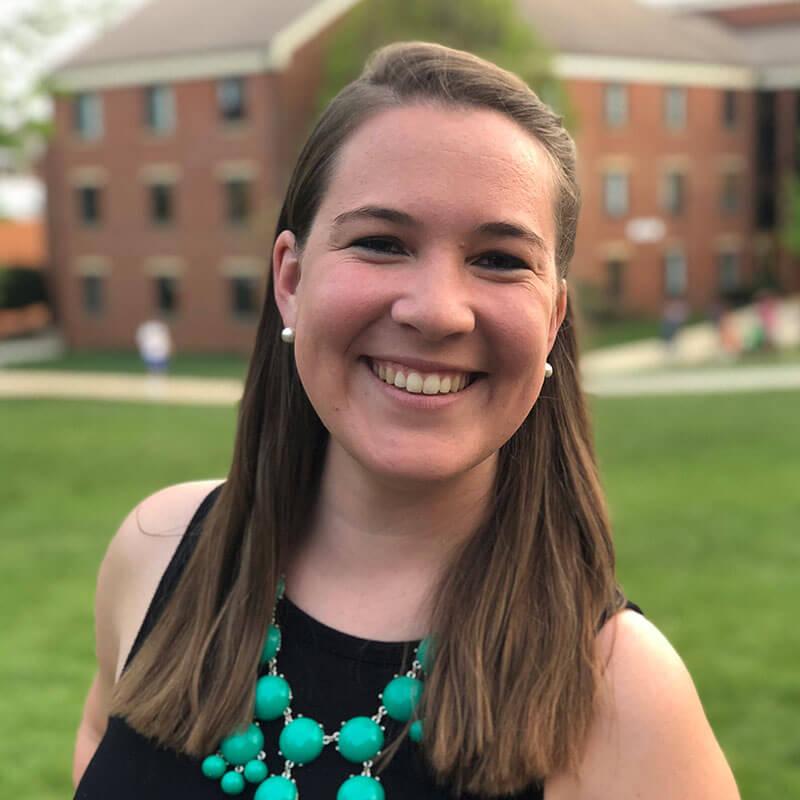Public Leadership
Examining today's events to develop tomorrow's leaders
Introduction
As a nation and as a world, we face multiple urgent challenges, from unemployment to climate change. How might our differing perspectives play into how we address these problems? And how do we assess what could work, and why?
Public Leadership (PL) focuses on current events and policy issues to explore the theory and practice of leadership. Students are encouraged to use their own leadership skills to address pressing social, political, environmental and economic problems. They explore:
- Different models of leadership, citizenship and social change;
- Forms of power and how to use them effectively; and
- Ethical approaches to decision-making and negotiation.
Through panels, debates, role-playing, group discussion and dialogue with guest speakers, PL students become informed citizens able to engage in a healthy discussion of issues and reason critically and persuasively about public matters. Personal and professional development are also integrated into the curriculum: Students will develop their writing and presentation skills; learn negotiation fundamentals; and accurately assess their own leadership styles and strengths.
PL welcomes students of all majors who are committed to developing their leadership skills in pursuit of the common good.
Colloquium and Lecture Topics
- Leadership and social change application
- Negotiation and conflict resolution
- Persuasion and motivation
- Understanding leadership strengths in yourself and others
Joining the PL program was one of the best decisions I made at Maryland. Because of PL, many career opportunities opened for me that otherwise would have been a long shot, and the floormates I lived with in the PL dorms are some of the best friends I've made at UMD.
Other Learning Opportunities
Located near the nation's capital, the state capital and a large international diplomatic community, the University of Maryland is an ideal setting for examining and growing public leadership. Students:
- Take engaging field trips, such as to the U.S. Holocaust Memorial Museum, the U.S. Capitol and the John F. Kennedy Center for the Performing Arts;
- Experience professional development seminars and speaker events; and
- Participate in a team-based grant-making experience, where they seek grant proposals from campus student organizations serving an identified social issue, evaluate proposals and award grants with actual funding from the Do Good Institute.
Finally, through the program’s practicum requirement, students gain valuable professional experience that allows them to leverage their newly learned communications and leadership evaluation skills in their field of choice. Past students have interned on Congressional committees, for local nonprofits, in the Student Legal Aid office and even engaged in research in labs on and off campus.
Curriculum Overview
Over the two-year program experience (four semesters), students will complete a 3-credit oral communication course that will count toward their PL Scholars citation and General Education requirements. Note that your Scholars courses will generally be in addition to any courses you take to satisfy major requirements.
The following table represents a typical two-year curriculum, but individual schedules may vary. Details about courses and requirements can be found on the PL Citation Checklist.
| SEMESTER | COURSE | CREDITS |
|---|---|---|
| Freshman Fall | Scholars Colloquium | 1 credit |
| Public Leaders and Active Citizens | 3 credits | |
| 3–4 courses toward degree and major requirements (including possible supporting course) | 9–12 credits | |
| Freshman Spring | Scholars Colloquium | 1 credit |
| Academic Writing | 3 credits | |
| 3–4 courses toward degree and major requirements | 9–12 credits | |
| Sophomore Fall | Scholars Colloquium | 1 credit |
| Oral Communications Course (may be taken during any of the 4 semesters) | 3 credits | |
| 3–4 courses toward degree and major requirements (including possible supporting course) | 9–12 credits | |
| Sophomore Spring | Scholars Practicum | 3 credits |
| 4–5 courses toward degree and major requirements (including oral communications course if not already completed) | 12–15 credits |
Sponsoring College
Residence Hall
Cumberland Hall
Office Address
1120 Cumberland Hall
Office Phone
Faculty


Social Media Etc.
Do Good Institute: Public Leadership Students Award Grants to Local Nonprofits, May 2022
School of Public Policy: How Networking Landed Public Leadership Student Lexi Naskiewicz an Internship at the National Police Foundation, December 2021
Do Good Institute: Five Social Impact Groups Awarded $1,000 by Freshman Public Leadership Students, May 2021
Public Leadership News
3 Scholars Alums Among University’s Undergraduate Researchers of the Year
Three Scholars alums were among the seven students named University of Maryland’s 2021 Undergraduate Researchers of the Year. Andrew Forschler, Arts Rebecca Gordon, Public Leadership Neehar Peri, Business, Society and the Economy Selected by a panel of faculty and staff, this honor recognizes select undergraduate students who displayed exceptional commitment to and accomplishments in undergraduate research at the university
10 Scholars Alums to Serve as Spring Commencement Senior Marshals
A significant number of Scholars alumni will be serving as Senior Marshals at the University of Maryland commencement this Friday, May 21, 2021. Senior Marshals are graduating seniors who display the highest levels of scholarship, service, extracurricular activity and personal growth.
Despite Being Virtual, Scholars Showcases Promote Personal Interaction
For most University of Maryland (UMD) students, the end of the spring semester heralds the start of finals. But for sophomores in College Park Scholars, for the past 24 years, this time of year has signified Academic Showcase. The event, one of the largest exhibitions of undergraduate student learning on campus each year, typically involves more than 600 Scholars sophomores presenting on their capstone projects to fellow students, faculty, parents and other members of the UMD community.
Scholars Alumni Named to Prestigious Maryland Medallion Society
Several Scholars alumni were named to the Maryland Medallion Society during the 40th Annual University of Maryland Student Leadership Awards this month. The Medallion Society is a prestigious group consisting of 20 of the brightest student leaders at the university:
College Park Scholars Announces Creation of Rebecca Basena Kampi Memorial Endowed Scholarship
Rebecca Basena Kampi. PHOTO: Sade Ayinde College Park Scholars has announced a new scholarship, the Rebecca Basena Kampi Memorial Endowed Scholarship.
